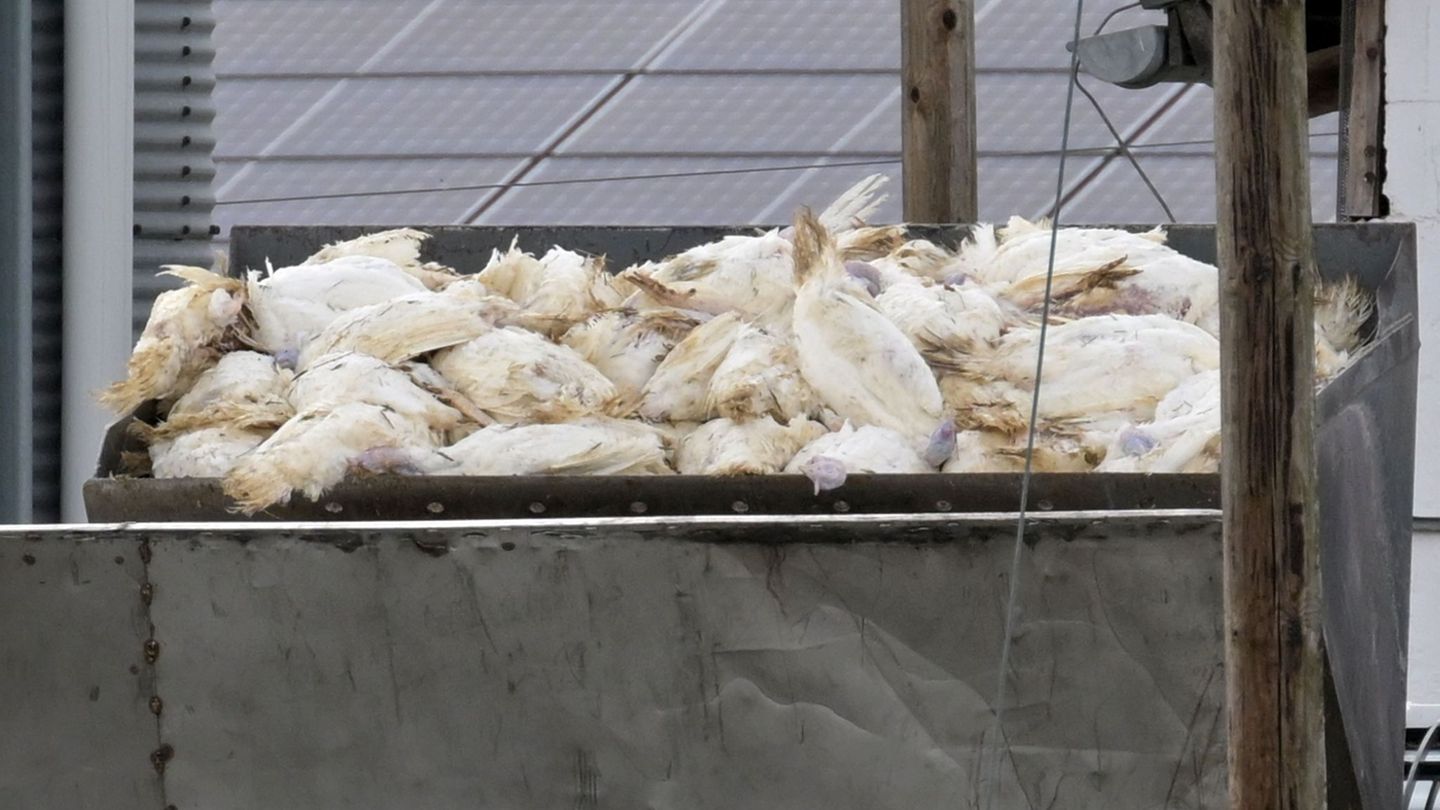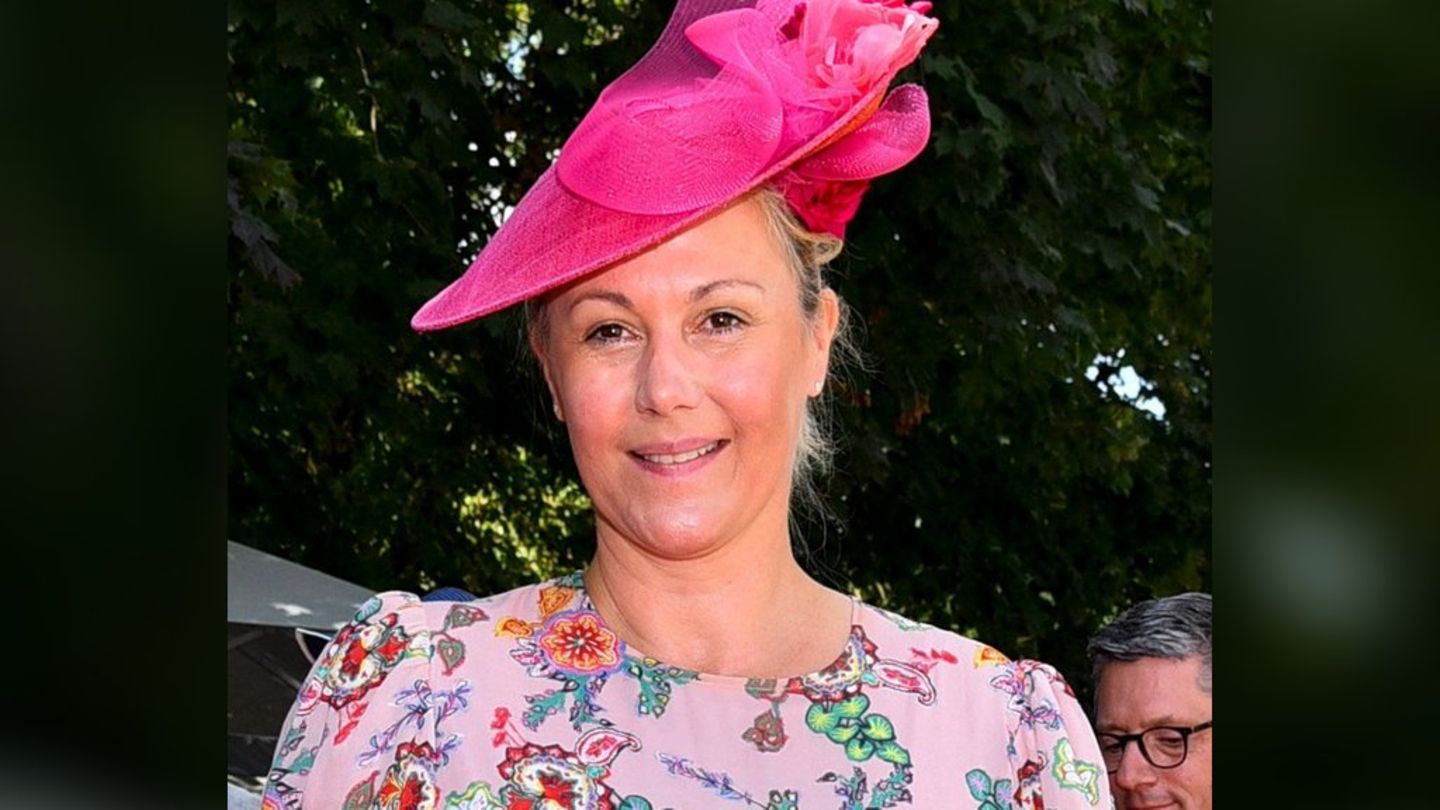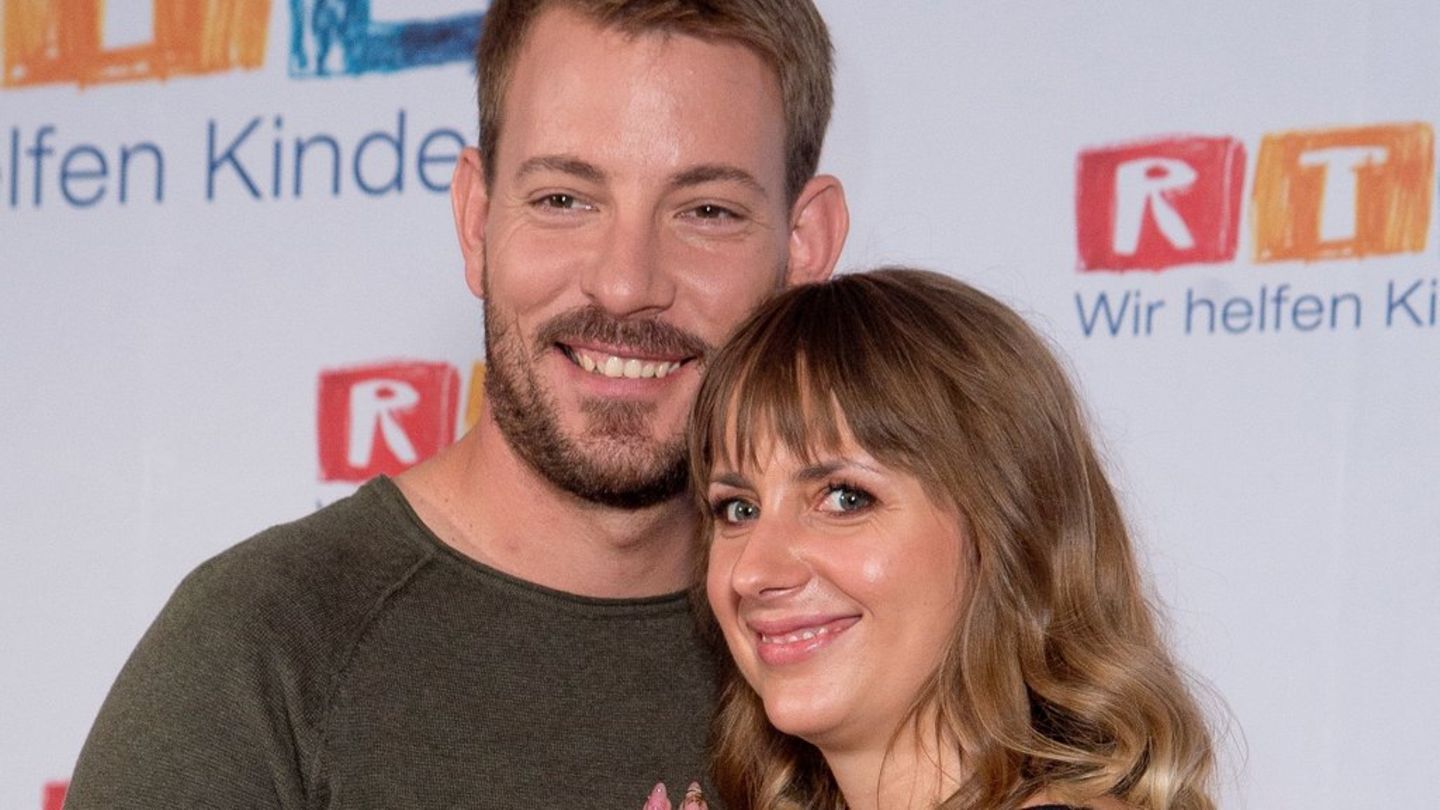This is what Chancellor Karl Nehammer and Foreign Minister Alexander Schallenberg (both ÖVP) said on Tuesday in a hastily called press conference in Vienna. “There are no safe corridors. This also applies to Austrians” who want to leave Ukraine. However, Nehammer was reticent about Kiev’s desire to join the EU.
Video: Nehammer and Schallenberg’s statements:
This video is disabled
Please activate the categories Performance Cookies and Functional cookies in your cookie settings to view this item. My cookie settings
The question of EU accession is “very complex,” said Nehammer. It requires the approval of all 27 EU countries. Accession negotiations took a long time. That’s why it’s “not the right way to achieve what we’re doing right now,” namely to make solidarity and partnership with Ukraine as close and uncomplicated as possible and to provide quick help. Nehammer also expressed his clear commitment to Ukraine as a European country.
“Not to accept raid”
“The attack on Ukraine is not acceptable,” added Nehammer. The Chancellor met the Ukrainian Ambassador Wassyl Chymynez (Vasyl Khymynets) and spoke to his Ukrainian counterpart Denys Schmyhal and the Mayor of Kyiv, Vitali Klitschko. Klitschko reported to him that the food supply and medicine would last “a few more days”. Humanitarian aid is needed now more than ever. Otherwise there would be a humanitarian catastrophe, Nehammer warned. “We will hold the Russian President fully responsible if Austrian citizens are harmed.” War crimes and crimes against humanity would be documented. Nehammer appealed to Russia “as a belligerent party not to forget the last spark of humanity”.
Schallenberg had previously summoned the Russian ambassador in Vienna, Dmitri Ljubinski, to the Foreign Ministry. Nehammer explained that this was one of the strongest diplomatic means available to Austria as a neutral country. According to his own statements to the ambassador, Schallenberg emphasized the need to comply with international law and demanded that Russia secure humanitarian corridors for civilians and ensure access for humanitarian organizations. Lyubinsky promised to pass this message on to Moscow.
About 120 Austrians left in Ukraine
330 Austrians have already left Ukraine, reported Schallenberg. Around 120 are still there, 42 in the greater area of the capital Kyiv, which is surrounded by Russian soldiers. But not everyone wants to leave. “The embassy is not closed,” emphasized Schallenberg, adding that it was only “operatively” moved to western Ukraine. If someone needs a place of refuge in Kyiv, “the embassy is of course available.”
The Chancellor also telephoned the President of the European Commission, Ursula von der Leyen, and Peter Maurer, President of the International Red Cross. Everyone involved agreed that it must be a priority to enable everyone who is currently still on site to leave the country safely and to ensure an adequate supply of food and relief supplies for those who cannot or do not want to do so.
Refugees should be taken in “proactively”.
Nehammer also gave the Ukrainian ambassador the assurance that he would “proactively” take in people and particularly vulnerable groups. The Ministry of the Interior is responsible for creating the capacities for refugees and has taken precautions in cooperation with the federal states and civil society. Austria is also in close coordination with the countries of first arrival, Poland, Hungary, Slovakia and Romania. At the moment, however, the situation is such that “a lot of people just want to drive through Austria” and use it as a transit country. At the same time, a “new system” for taking in Ukrainian refugees is the “need of the hour” at European level, emphasized Nehammer. Because this is “neighborly help”. The Federal Chancellor can also imagine access to the labor market.
Weapon deliveries are out of the question
Unlike other EU countries, arms deliveries to Ukraine are out of the question for Nehammer. As non-aligned countries, Sweden and Finland are in a different starting position than Austria. “Austria is committed to the neutrality law” and will help within the scope of its possibilities. Among other things, Austria is supplying protective equipment, 10,000 helmets, fuel and other everyday items.
The war in Ukraine was also the focus of the phone call between Federal President Alexander Van der Bellen and Turkish President Recep Tayyip Erdogan on Tuesday. “The central theme was the very worrying situation in Ukraine as a result of the Russian invasion and efforts to find a diplomatic solution, as well as our mutual commitment to humanitarian assistance,” the head of state wrote on Twitter. In addition, the two politicians discussed the current positive developments in bilateral relations, for example in the area of the economy and at the level of parliamentary exchange.
Source: Nachrichten




